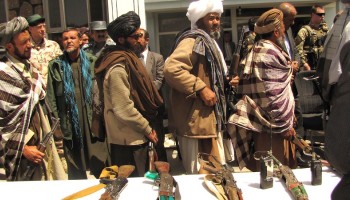Conceived in 2009 by someone operating under the pseudonym Satoshi Nakamoto, bitcoin was the world’s first cryptocurrency. It’s at once a software protocol, an online payment network, and the currency used to conduct transactions on that network.
The system enables users to send and receive money to each other without a bank. Each participant gets a bitcoin address consisting of 26-35 characters that work like a bank account number, enabling them to make bitcoin transactions using a “private key” to withdraw or send funds, and a “public key,” which is the recipient’s public bitcoin address.
While fiat currencies (the term for physical bills and coins in circulation) are backed by governments and minted by central banks, bitcoin doesn’t require those players. Instead, it depends on a network of specialized computers called nodes that run bitcoin software and “mine” new coins by approving crypto-transactions.
The mining nodes receive new bitcoins as a prize for validating transactions on the network and solving complex encryption problems. When a miner decrypts a transaction puzzle, the network autonomously verifies the answer based on the consensus of a majority of nodes. Once a majority agrees that an encryption puzzle has been solved, the network synchronizes and a new transaction entry, called a block, is added to a ledger that records bitcoins across every node. The ledger is known as the blockchain.
Bitcoin has mobilized a financial services revolution and inspired some 1,600 altcoins, the term used for digital currencies other than the original bitcoin.
Because of the secrecy encryption affords, and the fact that certain bank regulations may be sidestepped, crypto is also changing the way criminals operate.
According to Chainalysis, a blockchain forensics company, some $660 million worth of bitcoins were sent to dark web markets in 2017. And that doesn’t account for the illicit crypto moving through the part of the web where BTC-e operated.






